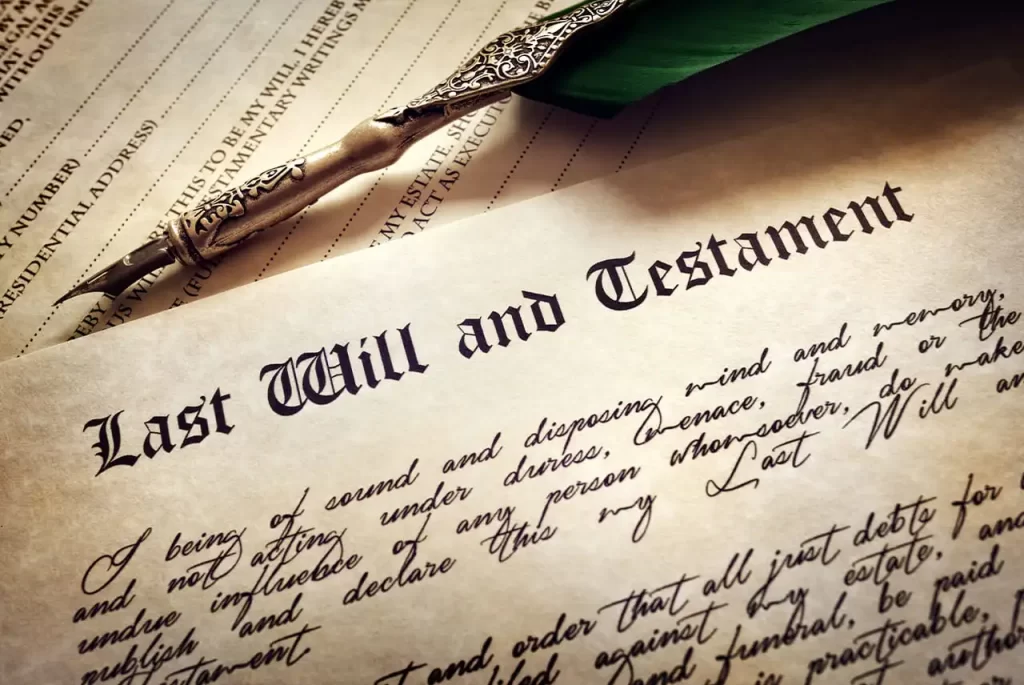In the burgeoning legal landscape of 1800s New York, the probate of wills held a position of paramount importance. The process, deeply entrenched in tradition and legal formalities, was a journey that families embarked upon to settle the affairs of their departed loved ones. Let’s delve into the intricacies of probate during this era, exploring the procedures, challenges, and the significance of this legal endeavor and let’s see how this process has evolved and changed now that we are in 2024.
In the 1800s, probate was not merely a legal process but a societal institution that navigated the complexities of inheritance and succession. Families, grappling with the emotional aftermath of a loss, entrusted the legal system to ensure a fair and just distribution of their loved ones’ legacies.
Well, it is still sort of the case now. Look at the latest celebrity deaths drama and you will know what I mean: https://www.americanbar.org/groups/real_property_trust_estate/publications/probate-property-magazine/2018/july-august-2018/celebrity-estate-planning/

That being said, let’s explore some details as we are bound to find how far we have come.
I. Initiating the Probate Process in the Courts
In the 1800s, the probate process commenced with the submission of the deceased’s will to the appropriate court. This often involved filing a petition, providing evidence of the testator’s death, and presenting the original will. The surrogate court, a key player in probate matters, became the stage for legal proceedings that would shape the distribution of the deceased’s estate.
Does this sound familiar????
II. Court Jurisdiction and Procedure
New York’s probate system of the 1800s operated under a decentralized structure, with each county having its surrogate court. No way!!!! Does this also sound familiar?
The probate jurisdiction was vested in these surrogate courts, which handled the validation of wills, the appointment of executors, and the administration of estates. The court proceedings were formal, requiring meticulous adherence to legal protocols.
Still the same saga, jurisdiction! Waivers and consents or citations for all the interested parties….
III. Challenges and Contests
Probate proceedings were not always smooth. Challenges to the validity of a will, known as will contests, were not uncommon. Allegations of fraud, undue influence, or the testator lacking mental capacity were grounds for disputing the probate. Such contests added complexity to an already intricate legal process, often requiring extensive litigation to resolve.
Nothing ever changes, the theme is still the same in 2024…
IV. Role of Executors and Administrators
The appointment of an executor, designated by the testator, was a critical aspect of the probate process. In cases where there was no will, the court appointed an administrator to oversee the estate. These individuals were entrusted with the responsibility of carrying out the wishes of the deceased and managing the distribution of assets among heirs.
This importance of this role is clearly the same now. Let’s see what else has changed (or has not changed)…
V. Inventory and Appraisement
An essential step in probate was the preparation of an inventory and appraisement of the deceased’s estate. This detailed list, compiled by the executor or administrator, enumerated the assets and their respective values. This inventory served as a foundational document for subsequent estate proceedings.
You don’t say https://www.nycourts.gov/LegacyPDFS/FORMS/surrogates/pdfs/IofA.pdf
VI. Notices to Creditors and Heirs
The probate process involved providing public notice to creditors and potential heirs. This allowed them to come forward with any claims against the estate. Failure to properly notify interested parties could result in legal complications, emphasizing the importance of meticulous adherence to procedural requirements.
Still the focus is on the process! Wait a minute, are we talking about the 1800s or 2024?
VII. Final Distribution and Closing the Estate
Once all debts, taxes, and expenses were settled, and the court approved the final accounting, the estate was ready for distribution. The remaining assets were distributed according to the terms of the will or intestate succession laws if there was no will. Closing the estate marked the culmination of the probate journey.
Well, I finally found one major difference!!! Right now, there’s is no requirement in the New York surrogate courts to close the estate or to account judicially. An estate in NY can be easily settled informally, which saves everyone a lot of dollars!
So historically speaking, we are still in the 1800s… jump aboard the time machine with Schwartsman Law Group if you need help with probate or administration!


